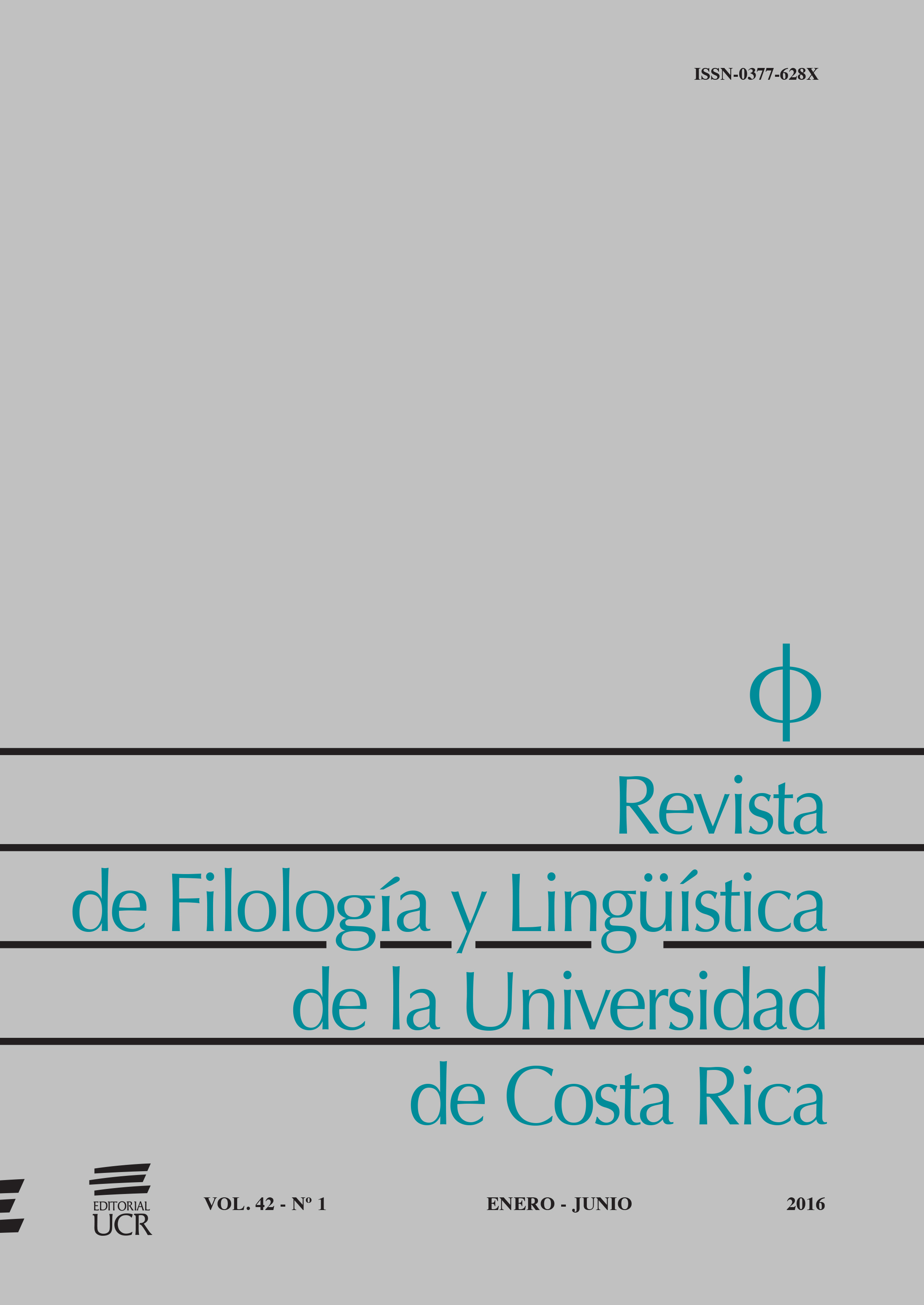Abstract
This essay examines three of the most important novels of Cuban writer Ofelia Rodríguez Acosta (1902-1975) El triunfo de la débil presa (1925), La vida manda (1928), and Sonata interrumpida (1940). The analysis is based on the thesis that these works are a challenge to the image of the rising Cuban nation that from the first moments was based on the idea of the heterosexual family as the central social and economic unit of Cuban society. Her challenge opened the doors in Cuba from the realm of literature and journalism to formulate an ideal of the Cuban nation that included a gender plurality. Given that the road towards that ideal has been slow, tortuous, incomplete, the examination of the work of this pioneering author, silenced in the revolutionary Cuba until very recently, has crucial importance to claim a past that can provide more roots to an inclusive future.
References
Adjarian, M.M. (2004). Allegories of Desire. Body, Nation and Empire in Modern Caribbean Literature by Women. Westport: Praeger Publishers.
Azicri, M. (1980). Cuba: Politics, Economics and Society. New York: Pinter Publishers.
Bejel, E. (2001). Gay Cuban Nation. Chicago: University of Chicago Press.
Capote-Cruz, Z. (2011). Escritores olvidados de la República: Ofelia Rodríguez Acosta. Fundación Alejo Carpentier. http://www.fundacioncarpentier.cult.cu/ [Consulta 20 abril de 2015].
Capote-Cruz, Z. (2012). Cubanas en España: Ofelia Rodríguez Acosta y Dulce María Loynaz. La Jiribilla. 10, 1-9. http://www.lajiribilla.cu/ [Consulta 3 marzo de 2015].
Castro-Klarén, S., Molloy, S. y Sarlo, B. (Eds.). (1991). Women’s Writing in Latin America.. Boulder: Westview Press.
Davies, C. (1997). A Place in the Sun? Women Writers in Twentieth-Century Cuba. London & New Jersey: Zed Books Ltd.
De-Jongh, E. M. (1995). Feminismo y periodismo en la Cuba republicana: Ofelia Rodríguez Acosta y la campaña feminista de "Bohemia" (1930–1932). Confluencia. 11(1), 3-12.
EcuRed. (2011). Ofelia de la Concepción Rodríguez Acosta García. http://www.ecured.cu/index.php/Ofelia_de_la_Concepci%C3%B3n_Rodr%C3%ADguez_Acosta_Garc%C3%ADa [Consulta 2 de abril de 2015].
Euroresidentes. (s.f.) Significado del Nombre Fabiola. http://www.euroresidentes.com/significado-nombre/f/fabiola.htm [Consulta 2 abril de 2015].
Fleites-Lear, M. (2008). ¡Mi cielo, alcánzame las botas!: Feminismos, Mujeres y el ‘Hombre Nuevo’ dentro de la revolución cubana. Journal of Iberian and Latin American Research. 14 (1), 49-77.
Fornet, A. (1994). Las máscaras del tiempo en la novela de la revolución cubana. Revista de Crítica Literaria Latinoamericana. 20 (39), 61-79.
González-Pagés, J. C. (2005). En busca de un espacio: Historia de mujeres en Cuba. La Habana: Editorial Ciencias Sociales.
Hojas de prensa para la historia de Cuba. (s.f.).
http://hojassdeprensa.blogspot.com/2012/01/ofelia-rodriguez-acosta-1902-1975/ [Consulta 3 abril de 2015].

